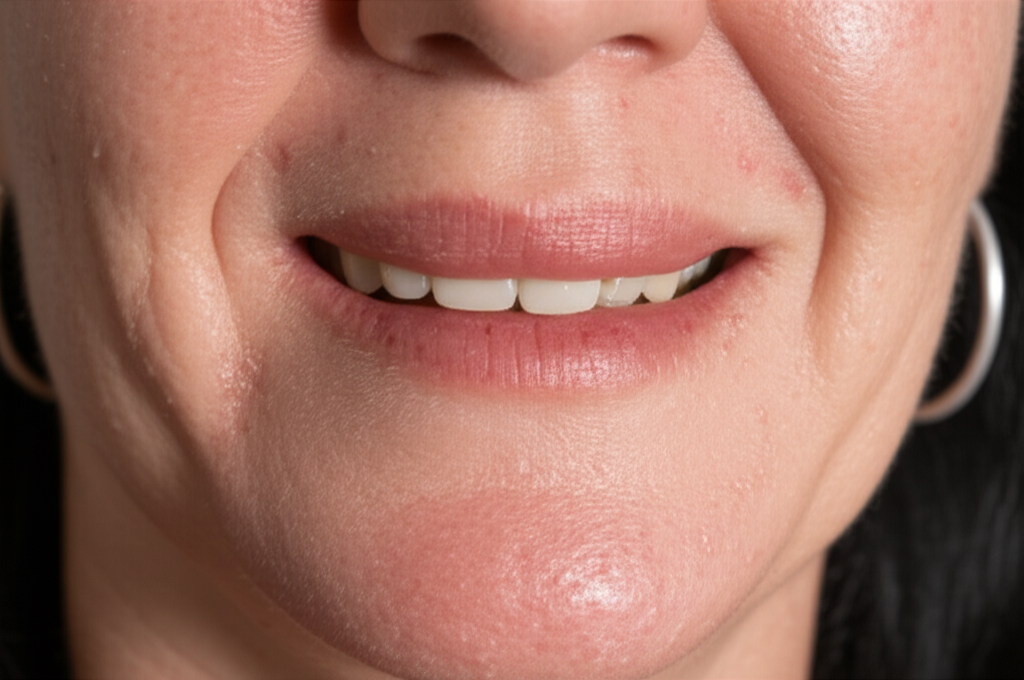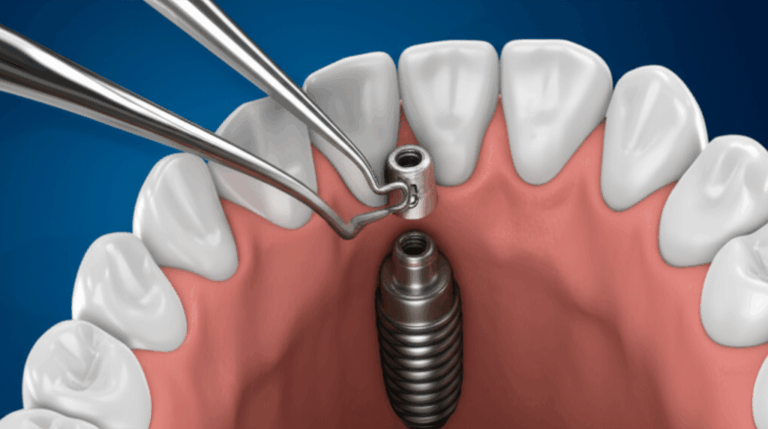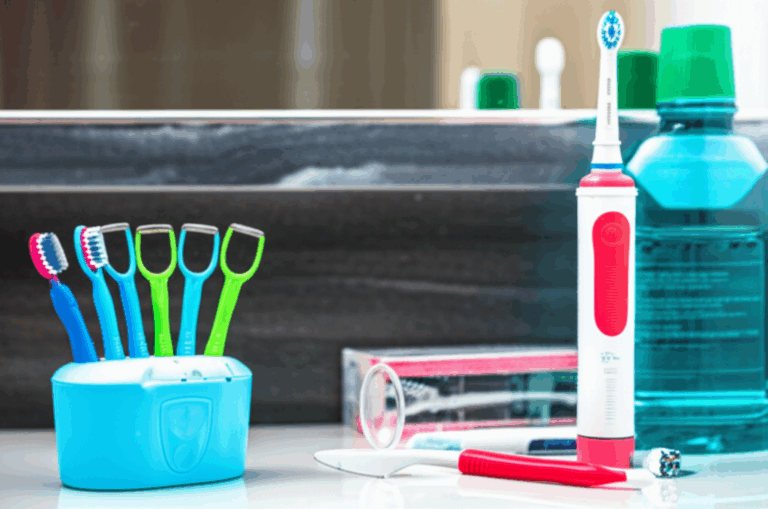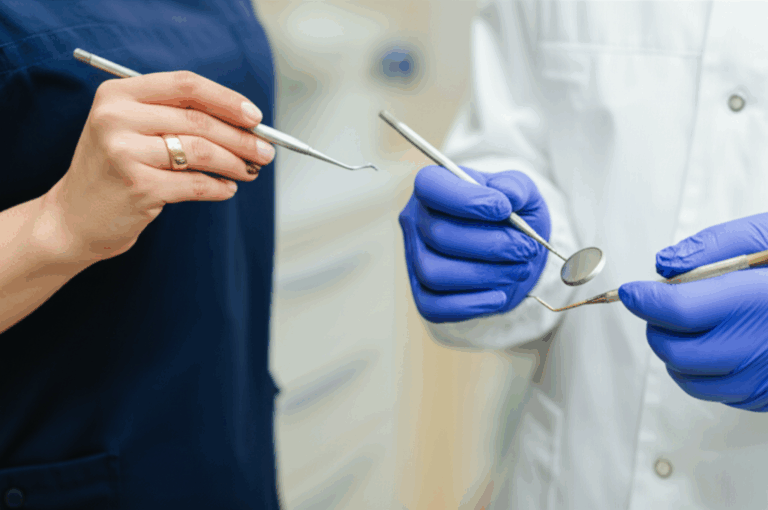
How Much Alcohol Causes Dental Implant Failure? Understanding the Risks & Protecting Your Investment
If you’ve just spent money on a dental implant or are thinking about getting one, you’re probably wondering: “Is it safe to drink alcohol after getting a dental implant? Can a drink now and then actually make my implant fail?” It’s a good question—dental implants are a big deal for your health, your self-esteem, and enjoying everyday things, like eating and smiling. So don’t feel bad for asking. In fact, it’s smart to want honest, clear answers!
Let’s go step by step: how much alcohol is “too much,” why dentists warn about drinking, and—best of all—how you can protect your new smile.
In This Article
Here’s what you’ll find below. Click any section to jump to it:
- The Dental Implant & Alcohol Question: Why Does It Matter?
- How Alcohol Impacts Healing After Dental Implants
- Chronic Drinking and Long-Term Implant Health
- Is There a “Safe” Amount? Timing and How Much Is Too Much
- How to Spot Implant Problems Early
- 7 Steps to Secure Your Implant’s Success
- Key Takeaways (And How To Get Help If Needed)
The Dental Implant & Alcohol Question: Why Does It Matter?
You just had your dental implant, you want it to heal well, but maybe there’s a party or a nice night coming up. You wonder—“Is a glass of wine going to ruin everything? And what about a few drinks weeks or months later—could that still hurt my implant?”
Here’s something simple: Lots of people ask about drinking and dental implants. It’s one of the most common worries before and after surgery. Nobody wants their implant to fail because of something they could stop, like drinking.
The straight answer is:
There’s no exact number of drinks that will always cause your implant to fail, but alcohol—especially while you’re healing and if you drink a lot—definitely raises your risk. The less you drink, the safer your implant will be.
But why is alcohol a problem? You need to know how your body heals—and how alcohol makes things harder.
How Alcohol Impacts Healing After Dental Implants
Think about building a house. You lay the foundation. The cement needs to dry without trouble for your house to stay strong. The first days after your dental implant are just like this. Your bone is sticking to the implant post—a process called osseointegration.
Alcohol, in this moment, is like giving your new cement a shake before it’s set.
A. Blood Clotting & Bleeding:
Alcohol makes blood vessels open wider. You might have heard that alcohol “thins your blood.” That’s kind of true. Drinking soon after oral surgery can make bleeding more likely—even lots of it.
A study found that up to 15% of people who drank within 1–2 days of mouth surgery had extra bleeding, compared to people who didn’t drink.
B. Delayed Healing & Osseointegration:
For your implant to last, your bone needs to heal tight around the post. Alcohol can:
- Slow bone healing: Tests on animals show less bone growth and about 25% less connection to the implant when alcohol is involved.
- Make recovery longer: Your bone takes more time to heal, sometimes up to twice as long.
- Weaken the healing: Not healing well enough can make your implant wobbly or weak.
C. Drug Interactions:
After surgery, you get antibiotics or pain pills. Mixing these with alcohol is bad news. You could feel sick, dizzy, or even harm your liver. Alcohol may also make your medicine weaker or the side effects worse.
D. Dry Mouth & Dehydration:
After drinking, your mouth often feels dry the next morning. Alcohol dries you out, lowers spit production. Saliva helps keep your mouth clean—it fights germs, which is key after oral surgery. A dry mouth means more infection risk and slower healing.
E. Inflammation & Swelling:
Your mouth will naturally swell a little after surgery. Drinking alcohol can make swelling and soreness worse—and that’s not what you need after getting an implant.
Takeaway:
The first days and weeks after your implant are when alcohol is most risky. Drinking then = more bleeding, infections, or possibly an implant that just doesn’t “take.”
Chronic Drinking and Long-Term Implant Health
Let’s say you finish healing, but you like to drink a few times a week. Is there still a risk, even months or years later?
Yes, but now the risk is slow and sneaky, not sudden.
A. Weakening Your Body’s Defenses
Drinking a lot over time wears down your immune system.
- Your mouth can catch infections like peri-implantitis (that’s swelling and bone loss around the implant).
- Swelling and soreness can stick around, making healing take even longer.
B. Not Enough Nutrients
Alcohol isn’t just “empty calories”—it can block your body from getting vitamins (like C, D, B’s, calcium, zinc) that keep your bones strong.
Folks who drink heavily can have weak jawbones. That’s bad for keeping implants in place.
C. Forgetting Good Oral Care
Let’s be real: after heavy drinking, are you always brushing and flossing like you should? Probably not.
- Missing cleanings lets germs grow, causing gum problems.
- Gum problems that spread can hurt the bone holding your implant.
D. Making Other Health Problems Worse
Drinking can make conditions that slow healing worse.
- If you have diabetes, liver trouble, or weak bones (osteoporosis), alcohol makes things harder for your implant.
- Gum disease can get worse and spread easily.
E. Higher Risks of Peri-Implantitis
Studies show big drinkers are 1.5 to 2 times more likely to get peri-implantitis than non-drinkers, even years later. This infection can slowly eat away at the bone, which can lead to pain, unsteady implants, and failure.
Bottom line:
Even if you drink “just a bit” after healing, heavy or regular alcohol use still puts your implant at risk—maybe slowly, maybe all at once.
Is There a “Safe” Amount? Timing and How Much Is Too Much
This is what most people really want to know: “Surely one beer can’t ruin it, right?” Here’s the simple truth:
There’s no one-size-fits-all answer. It’s not just about the amount, but when, and how often you drink.
Here’s what’s important.
A. Absolute “No-Go” Window
- First 1–3 days after surgery: This is when you must NOT drink—at all.
- Your blood is making a clot and your bone is starting to heal.
- While using antibiotics or pain meds: Many popular pills don’t mix with alcohol. You could get very sick (think: upset stomach, liver problems, even the medicine not working).
B. Early Healing (2–4 Weeks)
- If possible, don’t drink at all for the first 2 to 4 weeks.
- If you really have to, have just ONE light drink, and only after your dentist says it’s ok.
- Why so careful? Even a small drink can mess up this extra-important healing phase.
C. After Full Healing—Keep It Moderate
- When your dentist confirms your implant is fully healed (about 3–6 months later), drinking here and there (1 drink a day for women, 2 for men) is a lot safer.
- But heavy or often drinking is still risky—even long after healing.
D. What Makes Your Risk Higher?
Ask yourself:
- Do you smoke? (Smoking plus alcohol is double trouble for your implant.)
- Do you have more than one implant?
- Do you have soft or thin jawbones?
- Do you have slower healing issues (like diabetes, weak bones)?
The more “yes” answers, the less wiggle room you have—even little drinks could do more harm.
How to Spot Implant Problems Early
Even if you’re careful, problems can sneak up. Watch for these warning signs:
- Pain that lasts longer than your dentist said it would
- Swelling or redness around your implant
- Bleeding when you brush or eat
- Pus, bad smells, or bad taste (signs of infection)
- Gums pulling away (if you see more of the implant than before)
- Wobbling or moving implant
- Can’t chew as strong as normal
Noticed any of these? Don’t wait—call your dentist quickly. The sooner you catch a problem, the easier it is to fix it.
7 Steps to Secure Your Implant’s Success
Your implant is like a fancy car. You’d never skip checking the oil, right? Here’s your plan to keep your implant strong and happy:
Whatever your dentist says about drinking, eating, and cleaning—do it all. A few weeks of care means years with a good smile.
Brush, floss, and use a mouthwash (skip ones with alcohol). Tip: If you skip cleaning, it’s like skipping exercise—miss many days and problems can sneak in.
Go to all your follow-up dentist visits. They spot trouble before you do.
Your dentist doesn’t judge. They just need real info to help you.
Having a reliable china dental lab or implant dental laboratory can help your dentist use top materials if you ever need changes.
Try to keep things like diabetes under control, and if you smoke—try to quit.
After you’re healed, light drinking is usually fine, but lots of alcohol or regular heavy drinking should be talked over with your dentist.
Cutting down on drinking is tough for lots of people. Your dentist or doctor can help with advice or places to get support.
Key Takeaways (And How To Get Help If Needed)
Here’s what to remember:
1. Dental implants need good healing and simple healthy habits.
2. Alcohol—especially in the first 2–4 weeks—means higher risk of your implant failing.
3. Heavy or often drinking is risky even after healing.
4. Everyone heals differently—ask your dentist for honest, personal advice.
5. Clean teeth, dentist visits, and healthy habits help your implant last and last.
Small sips, make a big difference—choose what’s best for your smile.
Frequently Asked Questions (FAQs)
Q1: Will just one glass of wine after surgery make my implant fail?
One drink right after surgery still raises your chances of bleeding or healing slower. Best to wait a few days, or until your dentist says it’s fine.
Q2: When can I drink safely after my implant?
Wait at least 3 days, and really until you finish your medicine or until your dental team says ok.
Q3: If I drink socially, can it hurt my implant from years ago?
If you only drink a little now and then after healing, it’s usually not a problem, but heavy drinking always raises your risk for bone loss and infections.
Q4: Anything else I should do for my implant’s health?
Yes—don’t smoke, manage health issues, and keep your teeth clean!
Q5: How do I know if my implant is failing from drinking?
You can’t always feel it. Watch for swelling, bleeding, gums pulling away, or loosening. If something feels or looks wrong, see your dentist soon.
Further Information & Professional Resources
If you want to read more, check out these helpful pages:
- teeth health: For advice for keeping teeth and gums strong
- dental care: More about caring for your teeth and implants
You can also ask your dental office about working with a trusted crown and bridge lab for great fit and strong materials.
Your Healthy Takeaway
- You can lower your own risk by cutting back on alcohol!
- The key time to avoid drinking is right after your implant.
- Later, drinking a little now and then is much safer.
- Honest talks with your dentist always help.
Your new implant is a great new start! Protect your investment with simple, smart choices—now and in the future. If you ever feel unsure, ask your dentist. Your smile is worth it.








